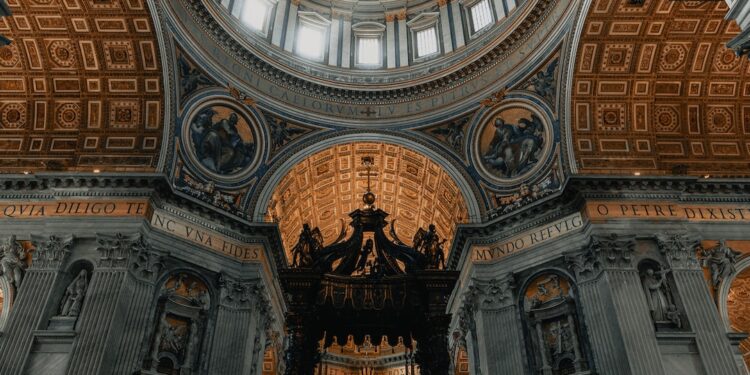Secular Spirituality: Exploring a Non-Religious Approach to Faith
In a world where religion has played a significant role in shaping societies and individuals for centuries, it is not surprising that the concept of spirituality has often been associated with religious beliefs. However, in recent years, there has been a growing trend toward separating spirituality from religion and embracing a more secular approach to exploring one’s faith. This shift has given rise to what is now known as secular spirituality.
Secular spirituality can be defined as a way of finding meaning, purpose, and connection that does not rely on religious institutions or doctrines. It is a personal and individualistic approach that allows individuals to explore their own beliefs and values without adherence to any particular religious tradition.
One of the main reasons behind the emergence of secular spirituality is the increasing number of people who identify as non-religious or atheists. These individuals are seeking a deeper sense of purpose and meaning in their lives without the need for religious dogma or external authority. Secular spirituality offers an alternative path for those who do not resonate with traditional religious practices and doctrines.
At the heart of secular spirituality is the belief that human beings have an innate capacity to experience transcendence and connect with something greater than themselves, regardless of their religious beliefs or lack thereof. This sense of transcendence can be found through various means such as nature, art, meditation, mindfulness, or engaging in acts of compassion and altruism.
For many secular spiritualists, nature plays a pivotal role in their journey toward self-discovery and connection. Being in nature allows individuals to experience awe, wonder, and a sense of interconnectedness with the natural world. It provides a space for reflection, contemplation, and rejuvenation. In a society that is increasingly disconnected from nature, reconnecting with the natural world has become a source of solace and spiritual nourishment for many.
Art and creativity are also integral to secular spirituality. Engaging in artistic endeavors allows individuals to express their deepest emotions and explore their inner world. Whether through painting, writing, dancing, or playing music, art becomes a transformative process that helps individuals tap into their authentic selves and connect with something larger than themselves.
Meditation and mindfulness practices are another key aspect of secular spirituality. By cultivating a state of present-moment awareness, individuals can explore their thoughts, emotions, and sensations with a sense of curiosity and non-judgment. This practice allows for self-reflection and self-discovery, ultimately leading to a greater understanding of oneself and the world around them.
Acts of compassion and altruism also form an essential part of secular spirituality. By engaging in acts of kindness and service to others, individuals experience a sense of connection and purpose. These acts not only benefit others but also contribute to one’s own personal growth and well-being.
Secular spirituality emphasizes the importance of personal responsibility and autonomy in one’s spiritual journey. It encourages individuals to question, explore, and critically examine their beliefs and values. It is a fluid and ever-evolving process that is shaped by personal experiences, introspection, and the insights gained from various sources of inspiration.
While secular spirituality offers individuals a non-religious approach to faith, it does not seek to undermine or dismiss the significance of religious traditions. Instead, it provides an alternative path for those who do not resonate with traditional religious frameworks but still seek a deeper sense of purpose, meaning, and connection in their lives.
In conclusion, secular spirituality is a rapidly evolving concept that allows individuals to explore their own beliefs, values, and sense of transcendence without the need for traditional religious institutions or doctrines. It offers a non-religious approach to faith that embraces personal autonomy, critical inquiry, and the interconnectedness of all beings. As more people continue to identify as non-religious, secular spirituality provides a meaningful way to navigate the journey of self-discovery, purpose, and connection in a rapidly changing world.















